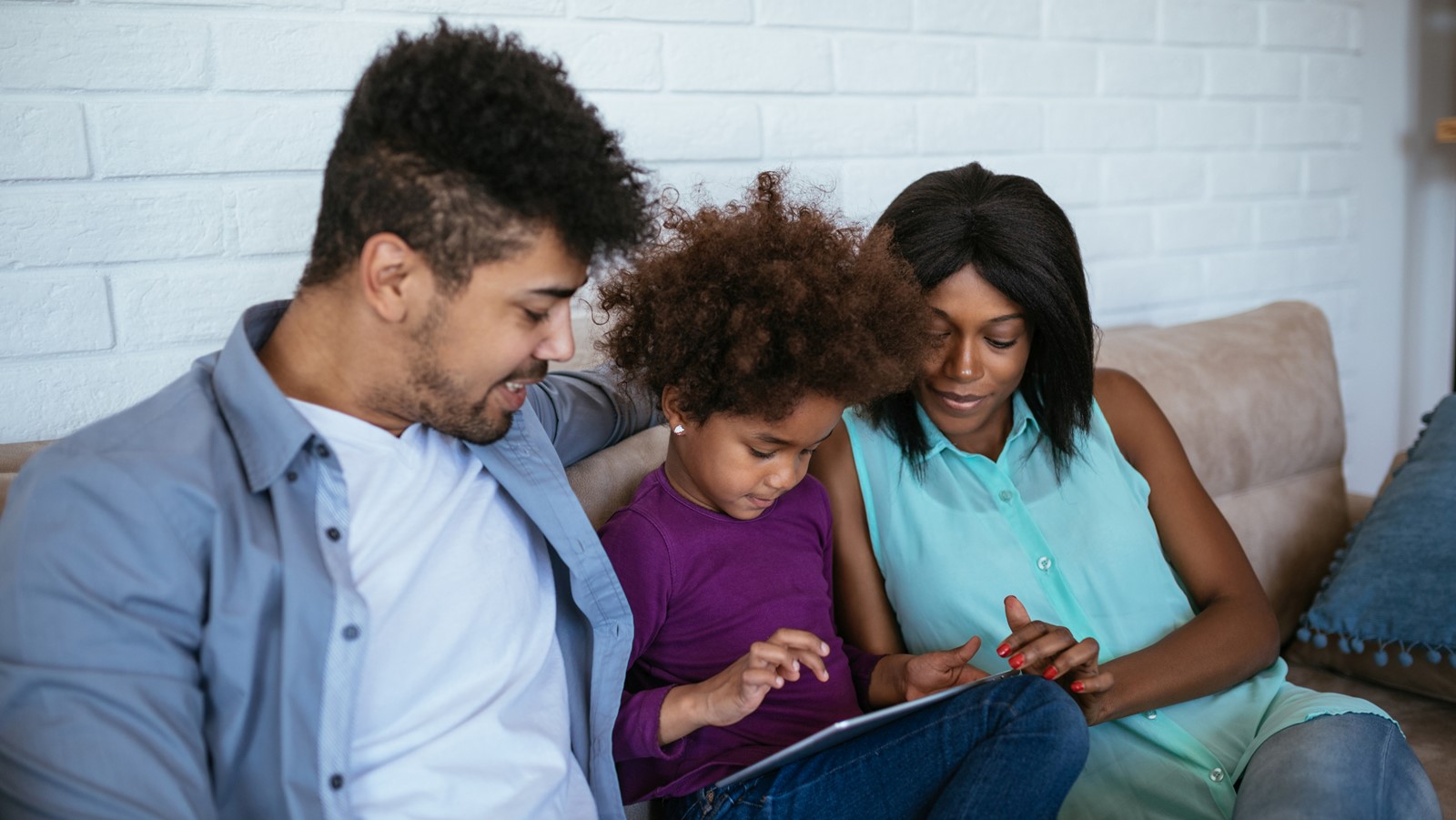There’s no doubt that social media connects people often instantly in a way that was previously unimaginable for those of who grew up in a pre-internet world.
But for all its benefits there is a rising tide of concern that too much consumption can be damaging for us, with especially harmful effects to young people – whose emerging sense of self can be challenged by the relentless pressure to both seek approval from others online and construct a ‘brand’ image on the outside that is at odds with their complicated and conflicted inner life. Many young people experience a distorted sense of reality from images of perfection and strive to keep up – feeling inadequate and empty when they don’t receive enough likes to their posts.
Social media can create an artificial need for people to feel available 24/7 and to like and respond to messages as they happen. This drip drip of notifications can create low key stress that impacts directly on our wellbeing.
And while the hyper connectedness of being online creates an illusion of being closer together – it is no real substitute for the more valuable elements of human contact that add to our sense of security such as eye contact, voice and touch.
The relative anonymity of being able to comment on people’s content online often brings out the troll in us. There’s not much room for reasoned debate or consensus online. The capacity for reasoning is an essential skill for young minds, yet social media can undercut this – presenting the world in high definition, rewarding those who shout loudest with likes.
Here are five key tips to protect teens from the stress of social media:
- Do more: playing sport, having a coffee with friends, walking the dog - it seems obvious but the more meaningful interaction we have with people in the non-virtual world the more nourished and resilient we feel.
- Talk more: it’s easier to retreat behind a screen than face up to the everyday difficulties of life. But if we create a space at home where opinions and doubts can be aired, and accommodations can be reached, we are modelling the core skill of empathy and negotiation to young people.
- Turn off notifications: this stops the desire to immediately respond which can alleviate the pressure kettle feeling and the need to constantly be connected online.
- Be an adult: be aware of what your child is viewing or accessing online. We wouldn’t allow a young person to drive a car without knowing the dangers of the road, yet we allow our children to go online often with the risk that they could stumble upon disturbing or violent content.
- Impose limits if necessary: ban phones from the meal table and bedroom at night, explain your reasons why – eg better night's sleep, more meaningful interaction. Imposing limits in this way might involve short term conflict and put you in the position of being the bad cop, but in doing so you are modelling the importance of safe boundaries and self-regulation.
Chloe Goddard Mcloughlin, a BACP counsellor and psychotherapist runs Ranmoor Therapy. She is an integrative counsellor and uses psychodynamic, person-centred and cognitive-behavioural approaches.
To find a local counsellor or psychotherapist who can help you with stress, search our Therapist directory.
